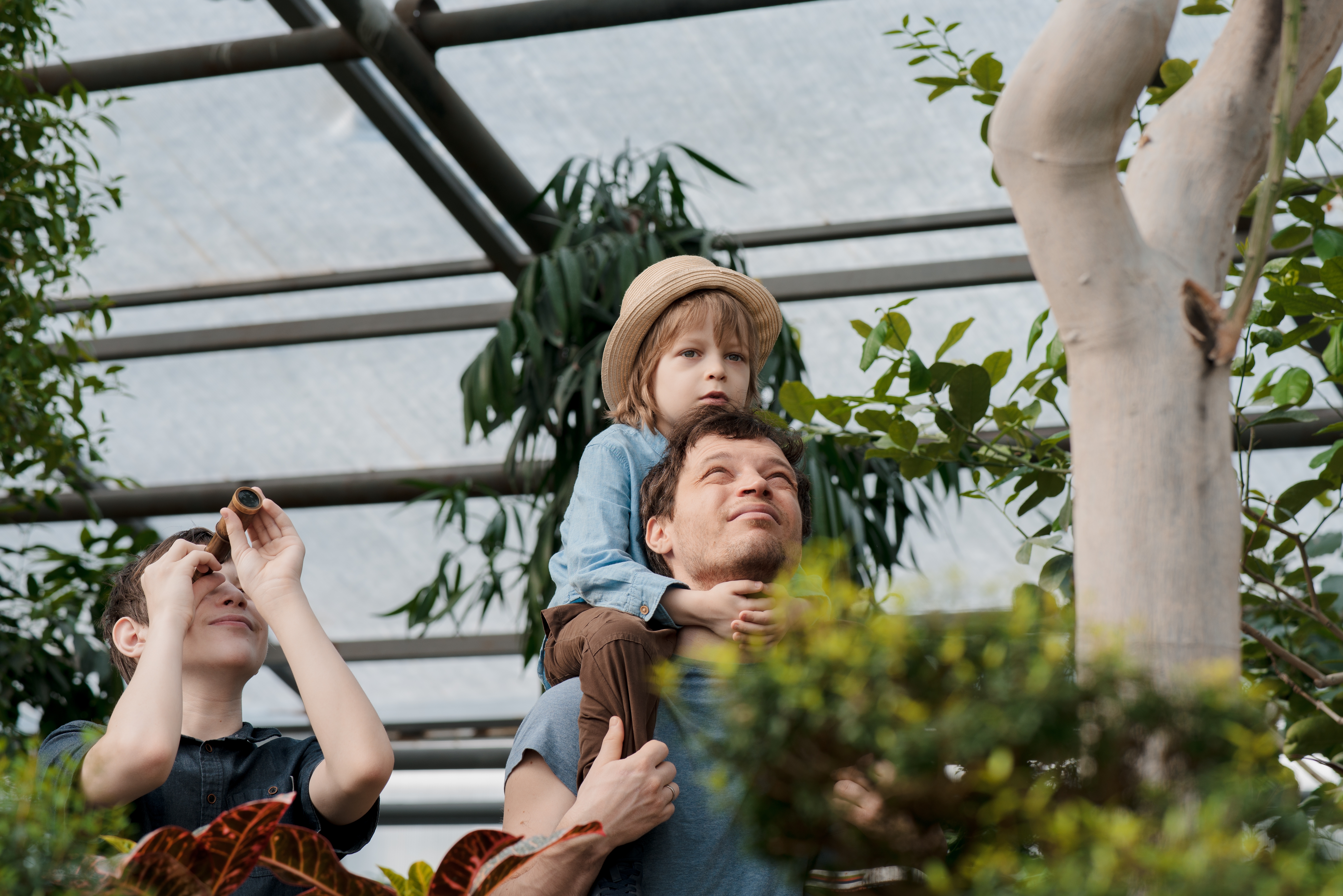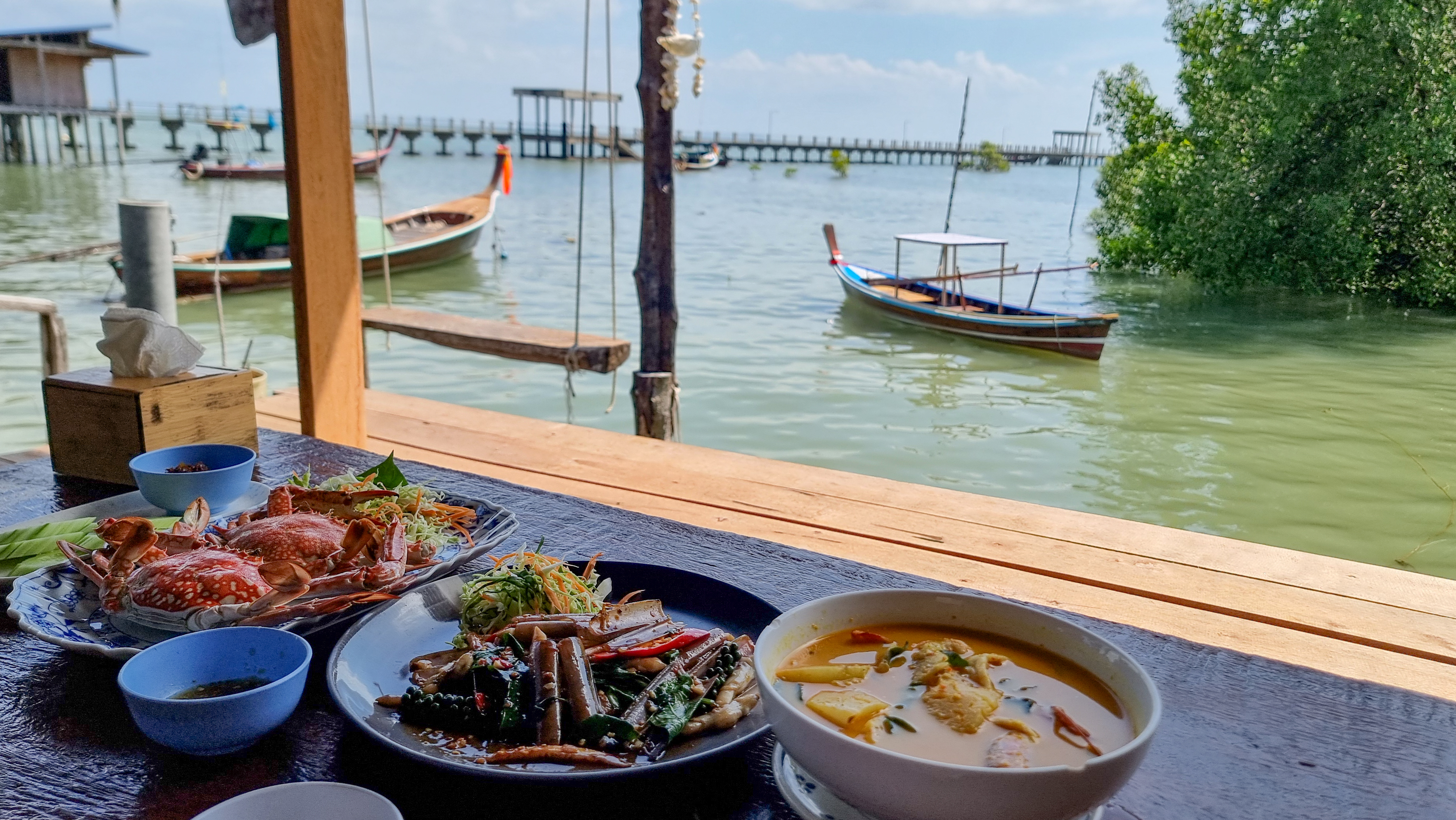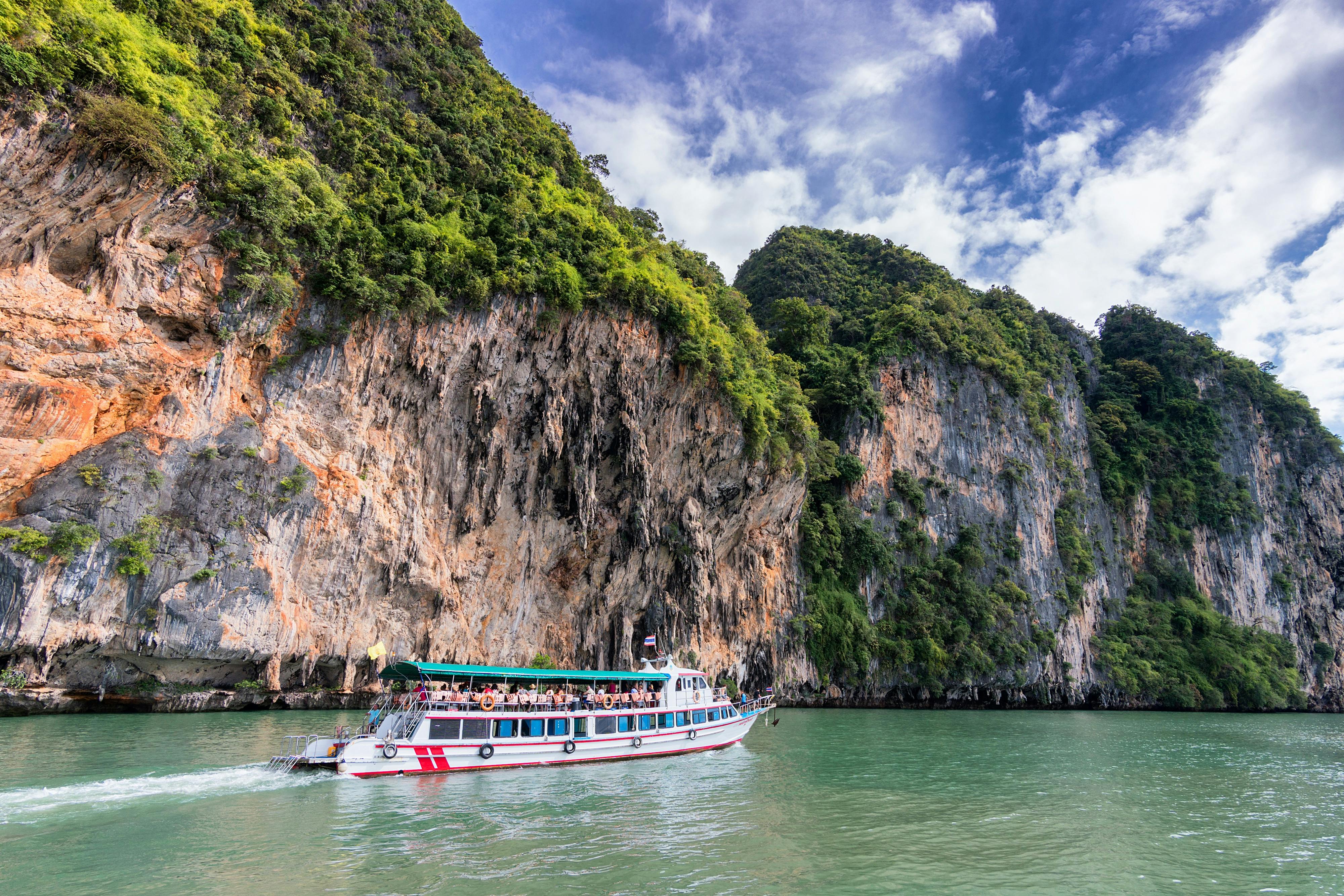Transformative Travel Experiences That Go Beyond Sightseeing
In an era where travel has become more accessible than ever, the quest for experiences that go beyond the confines of traditional sightseeing has gained momentum. Travelers are no longer content with merely ticking off landmarks from a list; they seek deeper connections with the places they visit. This shift in travel philosophy has given rise to transformative travel experiences that transcend ordinary sightseeing boundaries. These experiences are not just about seeing new places but about engaging with them in a way that enriches the soul and broadens the mind. In this article, we will explore nine such transformative travel experiences that redefine the very essence of travel, offering insights into cultures, histories, and personal growth.
1. Immersive Cultural Exchanges

One of the most profound ways to transcend traditional sightseeing is through immersive cultural exchanges. These experiences allow travelers to live like locals, gaining insights into the daily lives, traditions, and values of the communities they visit. Whether it's staying with a host family in a remote village or participating in local festivals, these exchanges foster a deeper understanding and appreciation of cultural diversity. By engaging directly with the people, travelers can break down stereotypes and build meaningful connections that often last a lifetime. This form of travel not only enriches the traveler but also benefits the host community by promoting cultural preservation and mutual respect.
2. Volunteer Travel Initiatives

Volunteer travel, or "voluntourism," merges the desire to explore with the opportunity to give back. This transformative experience allows travelers to contribute to meaningful projects, whether in conservation, education, or community development. By volunteering, travelers can make a tangible impact while gaining a unique perspective on the challenges faced by different communities. This form of travel encourages participants to step out of their comfort zones, fostering personal growth and empathy. It's a powerful way to travel with purpose, leaving a positive footprint behind while gaining invaluable life lessons and a deeper understanding of global issues.
3. Spiritual Retreats and Pilgrimages

For those seeking inner peace and self-discovery, spiritual retreats and pilgrimages offer a path to transcend ordinary travel. These journeys often take travelers to sacred sites and serene landscapes, providing a space for reflection, meditation, and spiritual growth. Whether it's walking the Camino de Santiago in Spain or attending a meditation retreat in the Himalayas, these experiences allow travelers to disconnect from the chaos of daily life and reconnect with their inner selves. Spiritual travel can lead to profound personal insights, fostering a sense of calm and clarity that can be transformative long after the journey ends.
4. Adventure and Wilderness Exploration

Adventure travel pushes the boundaries of traditional sightseeing by immersing travelers in the raw beauty of nature. From trekking through the dense jungles of the Amazon to scaling the peaks of the Andes, these experiences challenge the body and mind, offering a sense of accomplishment and wonder. Adventure travel encourages a deeper connection with the natural world, highlighting the importance of conservation and sustainable practices. It also fosters resilience and adaptability, as travelers navigate unpredictable terrains and weather conditions. This form of travel is not just about adrenaline; it's about embracing the unknown and discovering the extraordinary in the natural world.
5. Culinary Journeys

Culinary travel is a feast for the senses, offering a delicious way to explore a destination's culture and history. By indulging in local cuisines, travelers can gain insights into the traditions, ingredients, and stories behind each dish. Culinary journeys often involve cooking classes, food tours, and market visits, providing hands-on experiences that go beyond mere consumption. This form of travel encourages an appreciation for local produce and traditional cooking methods, fostering a deeper connection with the destination. Through food, travelers can explore the cultural nuances and historical influences that shape a region's culinary identity, making for a truly immersive experience.
6. Art and Creative Workshops

Engaging in art and creative workshops while traveling offers a unique way to connect with a destination's cultural heritage. These experiences invite travelers to learn traditional crafts, such as pottery, painting, or weaving, directly from local artisans. By participating in these workshops, travelers can gain a deeper appreciation for the skill and creativity involved in these art forms. This form of travel encourages self-expression and creativity, allowing travelers to take home not just souvenirs but also newfound skills and inspiration. Art workshops provide a platform for cultural exchange, where travelers and locals can share stories and techniques, fostering mutual understanding and respect.
7. Historical Reenactments and Living History

For history enthusiasts, participating in historical reenactments and living history experiences offers a dynamic way to engage with the past. These immersive experiences transport travelers back in time, allowing them to witness and even partake in historical events. Whether it's reenacting a medieval battle or exploring a living history museum, these experiences bring history to life in a way that books and documentaries cannot. They offer a deeper understanding of historical contexts and the people who shaped them. By stepping into the shoes of those who lived in the past, travelers can gain a unique perspective on the present, making history accessible and relevant.
8. Eco-Tourism and Conservation Efforts

Eco-tourism emphasizes sustainable travel practices that prioritize the preservation of natural habitats and wildlife. This form of travel offers transformative experiences by allowing travelers to engage with conservation efforts firsthand. Whether it's participating in wildlife research, planting trees, or supporting local conservation projects, eco-tourism fosters a deeper connection with the environment. It promotes awareness of ecological issues and encourages responsible travel behavior. By choosing eco-friendly accommodations and activities, travelers can minimize their environmental impact while supporting the conservation of biodiversity. Eco-tourism offers a meaningful way to explore the natural world while contributing to its preservation for future generations.
9. Educational and Skill-Building Travel

Educational travel offers an opportunity for lifelong learning and personal growth. By participating in courses, workshops, or study programs abroad, travelers can acquire new skills and knowledge while exploring a new destination. This form of travel encourages intellectual curiosity and cultural exchange, as travelers engage with experts and fellow learners from around the world. Whether it's learning a new language, studying marine biology, or attending a photography workshop, educational travel provides a platform for personal and professional development. It fosters a deeper understanding of global issues and cultural diversity, enriching the travel experience and broadening one's horizons.
As we explore these nine transformative travel experiences, it becomes clear that travel is not just about the destinations we visit but the journeys we undertake within ourselves. These experiences challenge us to step beyond the familiar, to engage deeply with the world and the people in it. They offer opportunities for personal growth, cultural understanding, and environmental stewardship, transforming travel into a meaningful and enriching endeavor. By embracing these transformative experiences, travelers can transcend ordinary sightseeing boundaries, creating memories and insights that last a lifetime. In the end, it is these journeys that truly redefine what it means to travel.








